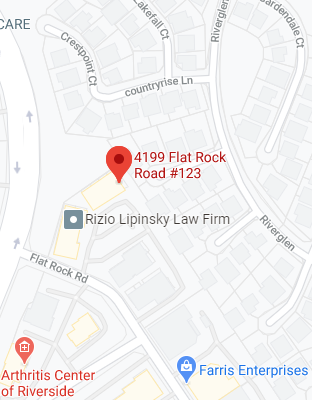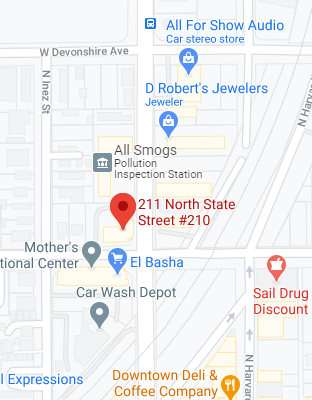
In October 2018, the Trump administration rolled out production quotas for immigration judges. Under the policy, judges are required to complete 700 cases a year to earn a satisfactory job performance grade.
On the surface, the goal behind the quotas was to speed up judicial decision-making and reduce an enormous court backlog.
The policy has not achieved its aims.
On the one hand, the effort has resulted in a growing division between judges, who feel their decisions are being unfairly rushed, and their employer, the Justice Department.
On the other, the policy has caused greater chaos for immigration courts already saddled with deficient equipment and inadequate staff support.
Quotas Are Not The Answer For Overcrowded Courts
There is no doubt that the immigration court system is overcrowded.
According to recent studies, immigration courts are backlogged about one million cases. There are about 440 immigration judges.
The average caseload per judge is over 2,000 cases per year.
There are several reasons for the huge case load beyond the control of immigration courts.
These include:
- Record-breaking influx of immigrants from poor and violent countries seeking asylum protection
- Tightened deportation policies targeting individuals without permission to live in the U.S.
- Immigrants with legal status who have violated the terms of their residency
Since immigration law is secondary to immigration politics, the policies designed to address such issues often lead to ineffective policies.
Like the case completion quotas.
To meet the benchmark of 700 completed cases per year, over 50 work weeks, judges must complete 14 cases per week.
That’s nearly 3 per day.
It’s not possible.
Given their average caseload over 2,000 cases per year, judges have plenty other hearings to handle, hearings that are non-case completion hearings.
Plus, each matter requires motions to be read, judgments to be written, and witnesses to hear testimony from.
The AP Takes A Close Look At How Immigration Courts Operate
To take a closer look at the situation, the Associated Press recently visited immigration courts in 11 different cities more than two dozen times during a 10-day period.
Reporters covered hearings from Boston to San Diego.
Their conclusion?
The system operates on chaos. Day in and day out.
They observed how crushing caseloads and shifting policies have landed the courts in unprecedented turmoil.
The AP article study pointed out the judges’ computers have color-coded dashboards, which indicate how close each judge is to meeting their case completion goals.
They’re all a deep red.
Which means they’re all failing to meet their quotas.
This raises an obvious question.
If a quota is impossible to meet, then what good is the quota?
More significantly, what are the merits of a policy that forces immigration judges into hurried decisions on matters of critical importance to mixed-status families seeking to avoid permanent separation?
Recommended Reading:
Ready to take a serious and honest look at the strengths and weaknesses of your immigration case? Let’s get started with a personalized strategy and planning session . . .
Here's How It Works
1
Call Our Office
Immigration law doesn’t have to be confusing. You don’t have to live in fear of being deported and separated from your family. A comprehensive 30-minute Strategy And Planning Session will take the stress out of not knowing your options first-hand.
2
Meet With Carlos
Every case is unique. We refuse to take cookie-cutter approaches to your case. After we discuss the ins and outs of your immigration and family situation, Carlos will outline your chances for success and how to overcome obstacles standing in your way.
3
No Pressure - No False
Promises
Hiring a lawyer is a big investment, and we will not pressure you to hire us or push you into a plan you don’t understand. If we cannot help you, we will tell you. We will not take your case, unless we believe we can make a difference for you and your family.




